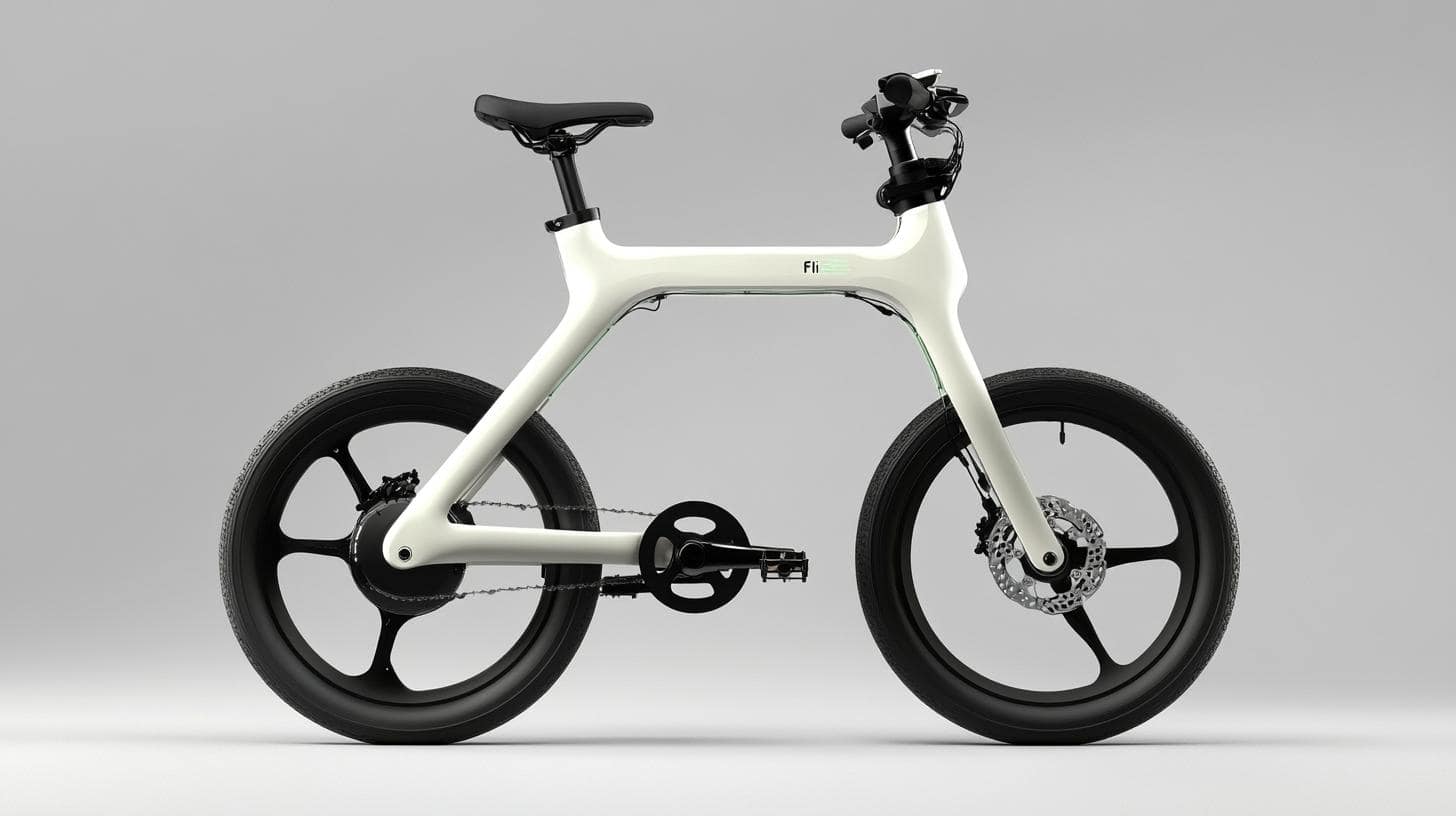In the rapidly evolving world of electric bicycles, one company is breaking through the noise with a novel combination of style, innovation, and affordability. Fiido, a burgeoning brand originating from China, is capturing attention with its impressively lightweight and sleek urban e-bikes, capable of traveling 100 km on a single charge for under 1,500 euros. Adding to their lineup, Fiido offers an enticing electric cargo bike priced around 2,000 euros, challenging industry titans and capturing the imagination of riders worldwide.
Founded in 2017 by Keven, a seasoned engineer with a decade-long career in mobile technology, Fiido emerged in response to a market demand for more accessible electric bikes. Keven’s passion for cycling drove him to address the high prices and basic integration of technology in existing models. With a vision to democratize electric bikes, Fiido invested heavily in research and development, establishing a dedicated team that has accumulated over 60 innovation patents within just a few years.
Fiido’s breakthrough moment came with the launch of the Fiido D11, recognized for its minimalist design and integrated seatpost battery, which revolutionized aesthetics and functionality. This model’s success was nothing short of remarkable, making waves on a global scale.
Continuing their momentum, Fiido offers a diverse array of e-bikes, including compact foldable models and robust mountain e-bikes. The Fiido X, lauded for its technological advancements, features a magnesium alloy frame and a cutting-edge torque sensor. With an aggressive pricing strategy and streamlined production in China, Fiido effectively undercuts established brands, while maintaining quality, making them a formidable presence in the electric bike industry.
The Electric Bicycle Revolution: Unseen Impacts and Emerging Controversies
The electric bicycle industry is experiencing notable transformations with companies like Fiido playing a pivotal role. While Fiido’s story is impressive, the broader implications on society, infrastructure, and industry practices deserve attention. Beyond the flashy designs and competitive pricing, there lies a complex web of effects on communities and transport policies, as well as discussions surrounding ethical production and environmental impact.
How Are Electric Bikes Changing Urban Landscapes?
The surge in popularity of electric bikes is reshaping urban transportation. Cities worldwide are witnessing a rise in e-bike usage, reducing reliance on cars and public buses, and consequently minimizing traffic congestion. This transition can significantly cut down urban pollution levels. The environmental benefits, however, must be assessed against potential drawbacks like increased electricity consumption and battery disposal issues.
Access and Affordability: Who Benefits?
Fiido’s strategy has made e-bikes more accessible financially, potentially democratizing transportation for low and middle-income populations. This widening access can bridge gaps for those in remote or underserved urban areas, providing a practical alternative to expensive car ownership or unreliable public transit systems.
Industry Innovations Versus Environmental Concerns
The push for greener transportation faces its set of challenges. While e-bikes might reduce fossil fuel dependency, the environmental cost of lithium-ion batteries and production processes need scrutiny. What steps are manufacturers like Fiido taking to ensure environmentally friendly practices? Companies are beginning to explore the recyclability of components and sustainable production methods, but significant industry-wide standards are yet to be established.
Consumer Behavior and Global Trends
The shift towards e-bikes also impacts consumer habits and global market trends. In regions with efficient cycling infrastructure, e-bikes are often preferred for short commutes, signaling a cultural shift towards environmentally conscious consumer behavior. Yet, in many parts of the world, cycling infrastructure is still catching up, raising questions about safety and accessibility.
What Are the Hidden Costs of E-bike Adoption?
While the upfront cost of e-bikes is dropping, the long-term implications must be considered. Maintenance, battery replacement, and potential technological obsolescence could pose challenges for users. Furthermore, e-bike theft is a growing concern, prompting the development of advanced locking systems and GPS-enabled tracking mechanisms.
For more nuanced insights on the developing trends in electric transportation, you can explore resources from Guardian, BBC, and Financial Times.
Looking Forward: The Future of E-bikes
Electric bicycles are undoubtedly on a promising trajectory, influencing urban planning, individual mobility, and the wider green technology movement. While brands like Fiido are making significant strides, ongoing debates about ethical manufacturing, sustainability, and socioeconomic impacts will shape the industry’s future. As e-bike technology and infrastructure mature, they will play an increasingly vital role in the global shift towards sustainable transportation solutions.







